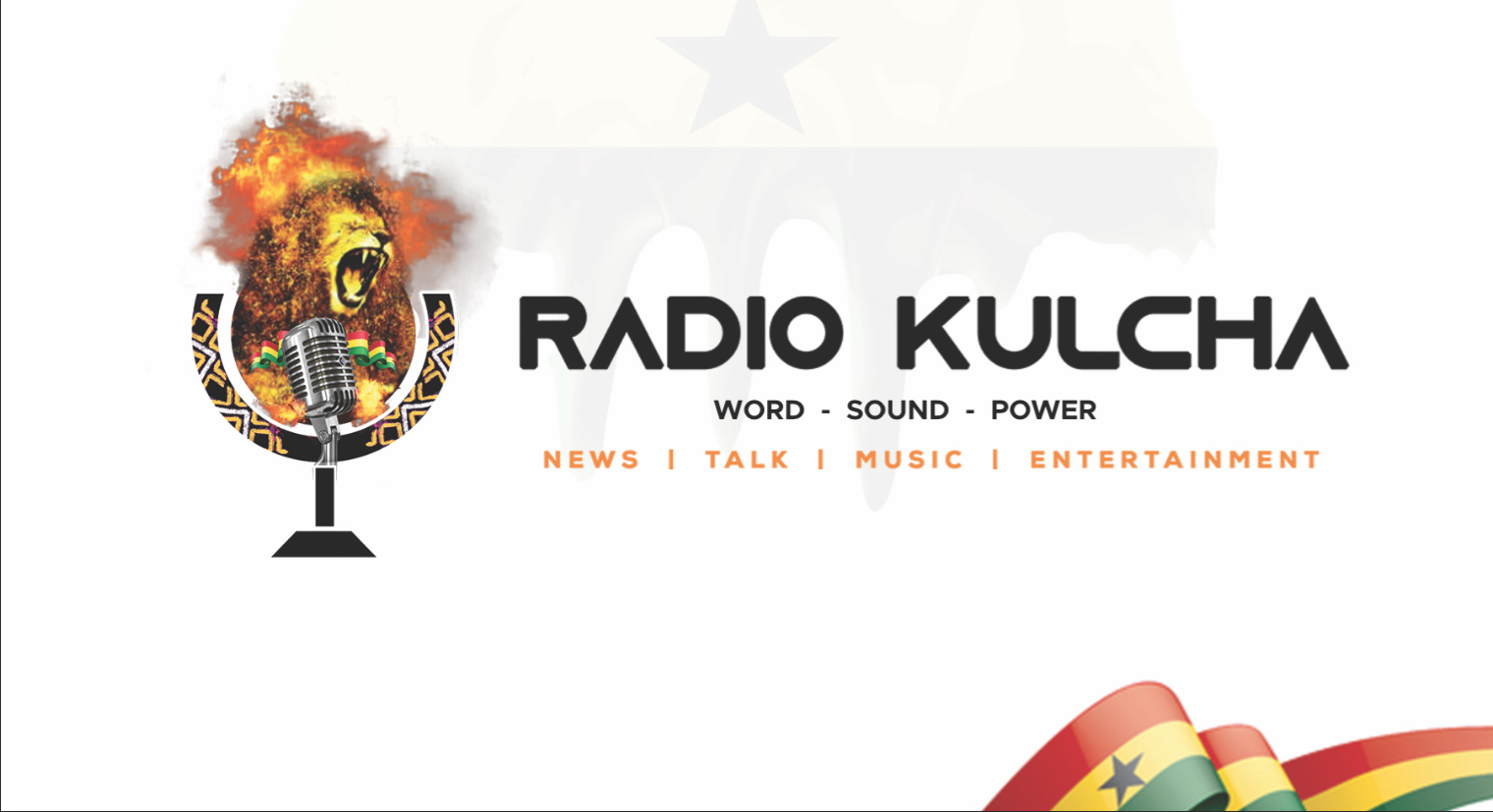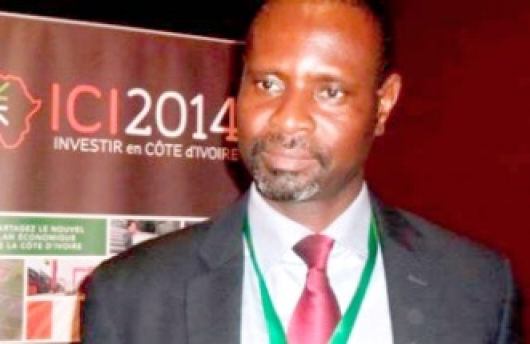Industry lauds ‘Seeming Stability’ …But Cries Over High Tariffs And Taxes
The ‘seeming stability’ in the macro economic environment, the improvement in power supply and relative stability of the cedi are “commendable”, the Association of Ghana Industries (AGI) has said, asking government to nonetheless do something about the high cost of utilities and multiplicity of taxes.
For the first time in eight quarters, the AGI business barometer indicator for quarter-one of 2016 marginally inched above the base index of 100, an indication that industry’s confidence in the business environment has improved somewhat.
“AGI therefore commends government for the seeming stability of the economy, and urges its managers to do everything possible to sustain and improve on the relative macro-economic stability in this election year,” AGI President James Asare-Adjei said at the presentation of barometer results.
Recovering from a dip of 95.9 in quarter four of 2015, the business confidence index shot up to 101.9 points in quarter-one of 2016, which the AGI says is a “positive sign” to begin a new year, considering the fact that same period of 2015 recorded a drop.
Some 61% of the over-500 CEOs surveyed expressed optimism for strong business performance in the next quarter in anticipation of stable power supply.
The AGI however warned that the rise in confidence level may not be sustained if the challenges experienced by businesses in the period persist.
“The current structure whereby industry subsidises residential consumers erodes the competiveness of industry,” said AGI President, James Asare-Adjei.
“AGI is reminding the PURC of the re-classification of consumer categories and a review of the current electricity tariff structure, so as not to disadvantage industry,” he said.
Last December both water and electricity tariffs were hiked at a combined rate of 126.4%.
Electricity bills went up by 59.2% while water bills rose 67.2% — increases which were sharply criticised by both the AGI and organised labour.
Government subsequently reduced the electricity tariff by 15%, although it is to be enjoyed only by ‘lifeline consumers’ or consumers who use 50kwh or less.
All sizes of businesses from all sectors of the economy mentioned high utility tariffs as their number-one challenge in the period under the review, followed by multiplicity of taxes, cedi volatility, access to credit and delayed payments, in that order.
“The last increments in utility tariffs have negatively impacted a high proportion of businesses. Seven out of ten reported high utility prices as their major bottleneck. Out of this number, a total of 98% felt constrained by the increments, leaving only 2% who held a contrary view,” the barometer report said.
“It is doubtful if companies can sustain business on such tariffs, and it would be worth exploring more affordable sources of power.”
If government is to chart a competitive path for businesses, it is important to re-examine the current utility pricing and tax regime, the AGI president said.
Story By : Basiru Adam





